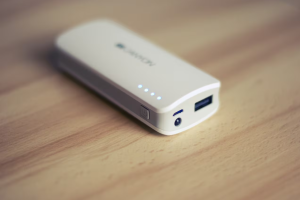
To avoid exposure to light at night, follow the recommendations of endocrinologist Francisco Rosero, a diabetes specialist.
Do you take your cell phone or tablet to bed to stay informed or watch music videos until you fall asleep? Let us share with you the recommendation of an endocrinologist: Don’t do it anymore… this way you will avoid the risk of developing type 2 diabetes.
“Exposure to artificial light may increase the risk of type 2 diabetes,” reports Dr. Francisco Rosero.
In addition, prolonged exposure to screens decreases the secretion of melatonin, a hormone that regulates the sleep-wake cycle, and increases levels of cortisol, a stress hormone. This prevents people from sleeping properly, warns the Mexican Ministry of Health.
What is the relationship between artificial light and type 2 diabetes?
Endocrinologist Rosero points out that “studies have shown that when we expose ourselves to artificial light at night, such as that from cell phones or screens, we can increase the risk of this disease, because this type of light on the retina acts by breaking the circadian cycles or biological clocks.”
The specialist points out that humans have clocks that cycle metabolism and affecting these clocks can damage glucose metabolism and increase the risk of type 2 diabetes.
Infobae reports that the authors of a study, led by researchers at Monash University in Australia, think that “advising people to avoid nighttime light is a simple and cost-effective recommendation that can alleviate the global burden of type 2 diabetes.”
The media outlet details that “as part of the UK Biobank experiment, participants’ health was monitored for nine years. Those who developed type 2 diabetes were more likely to have been exposed to light between 12:30 a.m. and 6:00 a.m. during the study period.”
What can we do?
Endocrinologist Francisco Rosero offers 3 recommendations:
1. Our room must be completely dark, “without little lights or sparkles,” when we go to sleep.
2. Leave cell phones away from the bed or outside the bedroom. Rosero suggests removing the devices from our surroundings from 9:00 p.m.
3. Synchronize our clocks with morning exposure to sunlight
“Let’s go out early to expose ourselves to the sun,” the endocrinologist suggests. He points out that this way our clocks will begin to synchronize.





